Principles of Classical Herb Prescribing and Paozhi Processing with Clinical Case Studies (3 parts)
HU CHANGJIANG
College of Pharmacology, Chengdu University of Traditional Chinese Medicine
This collection of lectures is a continuation of our series on the forgotten science of paozhi (herbal processing). In these presentations, one of China's last remaining experts in the field of herbal alchemy expands on the previous introductory lectures to offer specific principles on how to process raw herbs with honey, vinegar, alcohol, clay and other transformative substances, and explains how these measures can affect an herb's clinical potency and direction. In this second section of the series, he presents relevant clinical case studies.
Total running time: 209 mins.
Mandarin Chinese, translated into English by Heiner Fruehauf
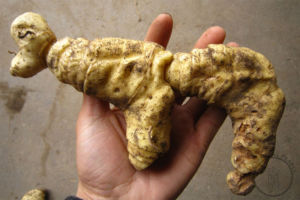 […]
[…]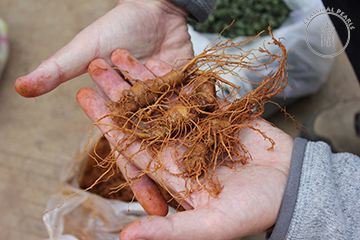 […]
[…]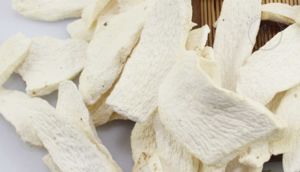 […]
[…]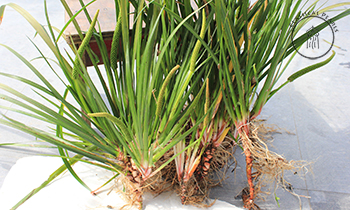 […]
[…]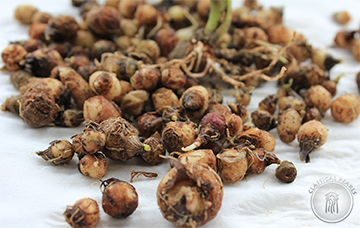 […]
[…]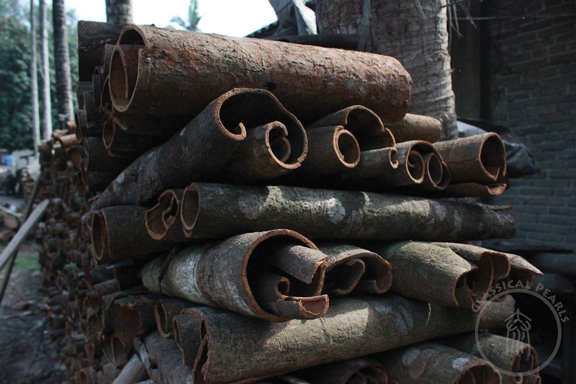 […]
[…]